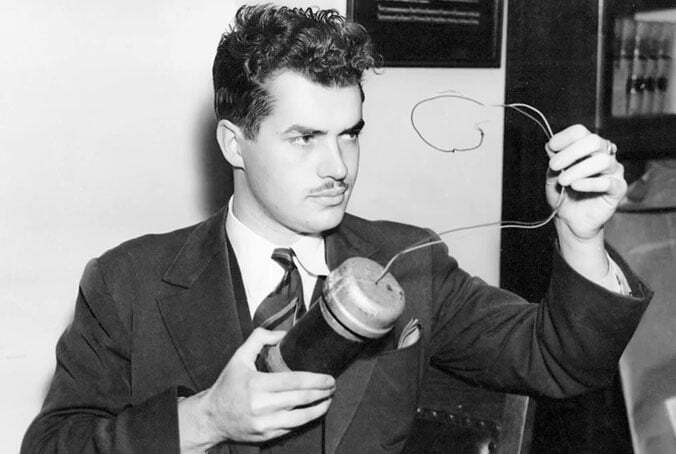12. Feb. (fragment – Ed.)
Do not let my katabolistic moods upset you unduly – they are only antistrophe – the diastole. Perhaps this incarnation would not made [sic] to support the beatific vision, and I may have gone too far too fast. In any event, I do not regret it. The end is magnificent – and the means not unworthy.
Back to the gods – there must be an apotheosis with our own, irascible Jahveh, and it is all in Job – the destruction of the categories when God, having reduced man to abject misery, destroyed all his faith, speaks at last out of the whirlwind. “Gird up thy loins now like a man and declare thou unto me. Wilt thou also disannul my judgement? Wilt thou condemn me, that thou mayest be like God righteous? Hast thou an arm like God? Or canst thou thunder with a voice like Him? Deck thyself now with majesty and excellency: and array thyself with glory and beauty. Cast abroad the rage of thy wrath: and behold everyone that is proud and abase him.
Then I will also confess unto thee that thine own right hand can save thee.”
Why this arrogance? The answer is in Othin, the all-god’s song in the Edda.
I ween that I hung on a windy tree,
Hung there for nights full nine,
With the spear I was wounded, and offered I was
To Othin, myself to myself,
On the tree that none may ever know
What root beneath it runs.
In this vision, existence crucified for its own sake, in you, through you, for you. The awful question made known in the tumult of the hurricane – dare you know me, can you bear me – the ecstasy – the agony, and beyond that lies the vision of the ultimate light, that reduced Peter to an idiotic babbling about Tabernacles but that Dante faced calmly and serenely beyond the vision of the Triune God.
Naturally the essential force lives in all of us, but only in those rare times when the flesh is dissolved can we see it, and even then seldom see it and live. The Path, as Buddha said, is beyond good thoughts and good works, and evil thoughts and evil works. It is the Path of the unmoved mover, the “hid motive” of Lao Tze.
From that vision we are flung back across the abyss into the heaven – the vehicle, that our incarnation, tendencies, circumstances, provide. For Mahomet it was Geburah – Force. For Buddha, Chesed – mercy, compassion. But in any case this is simply a vehicle for something that is utterly beyond all tendencies, all dualities. That force is in you, the problem is to provide a suitable vehicle, empty it and let it flow in.
